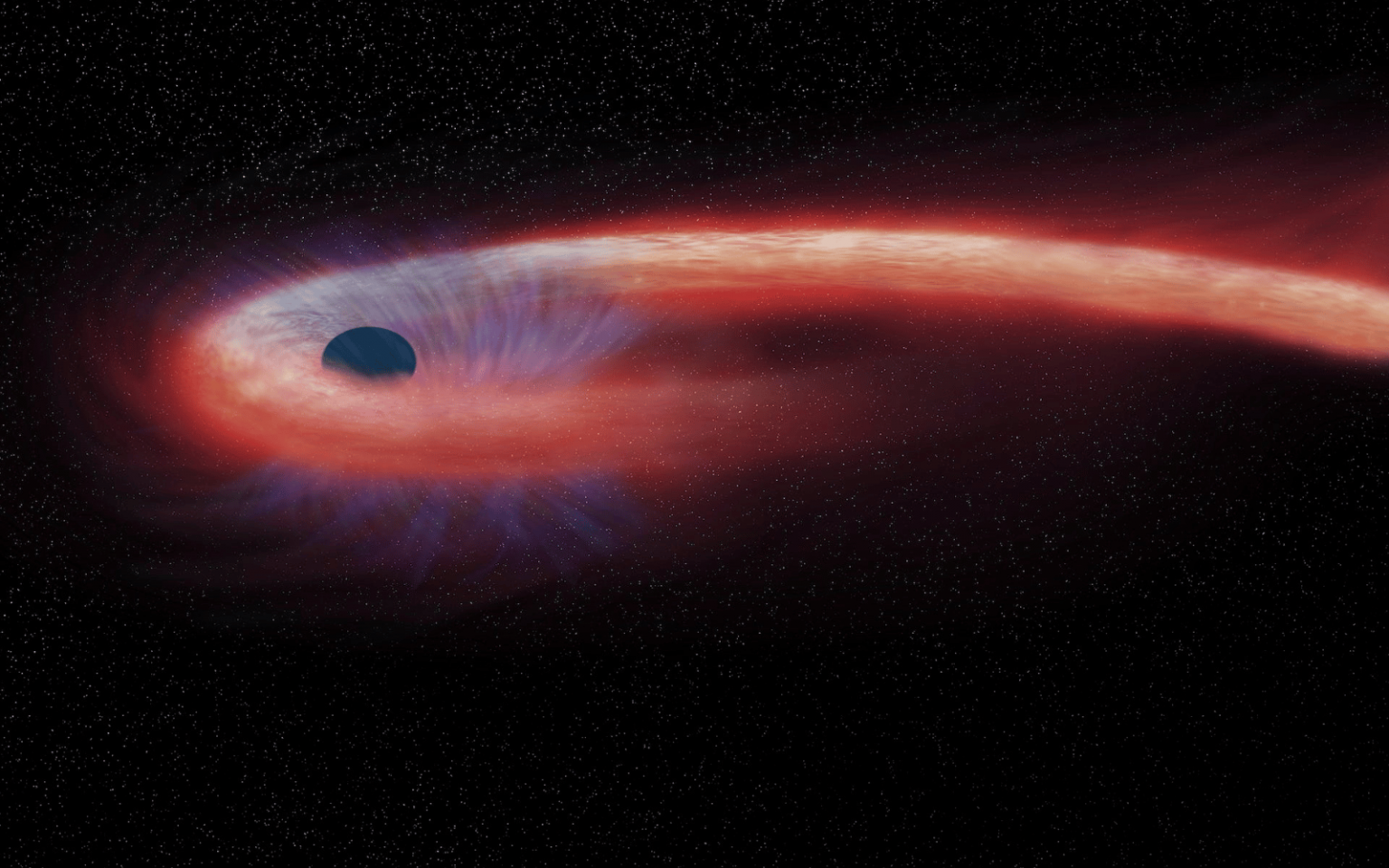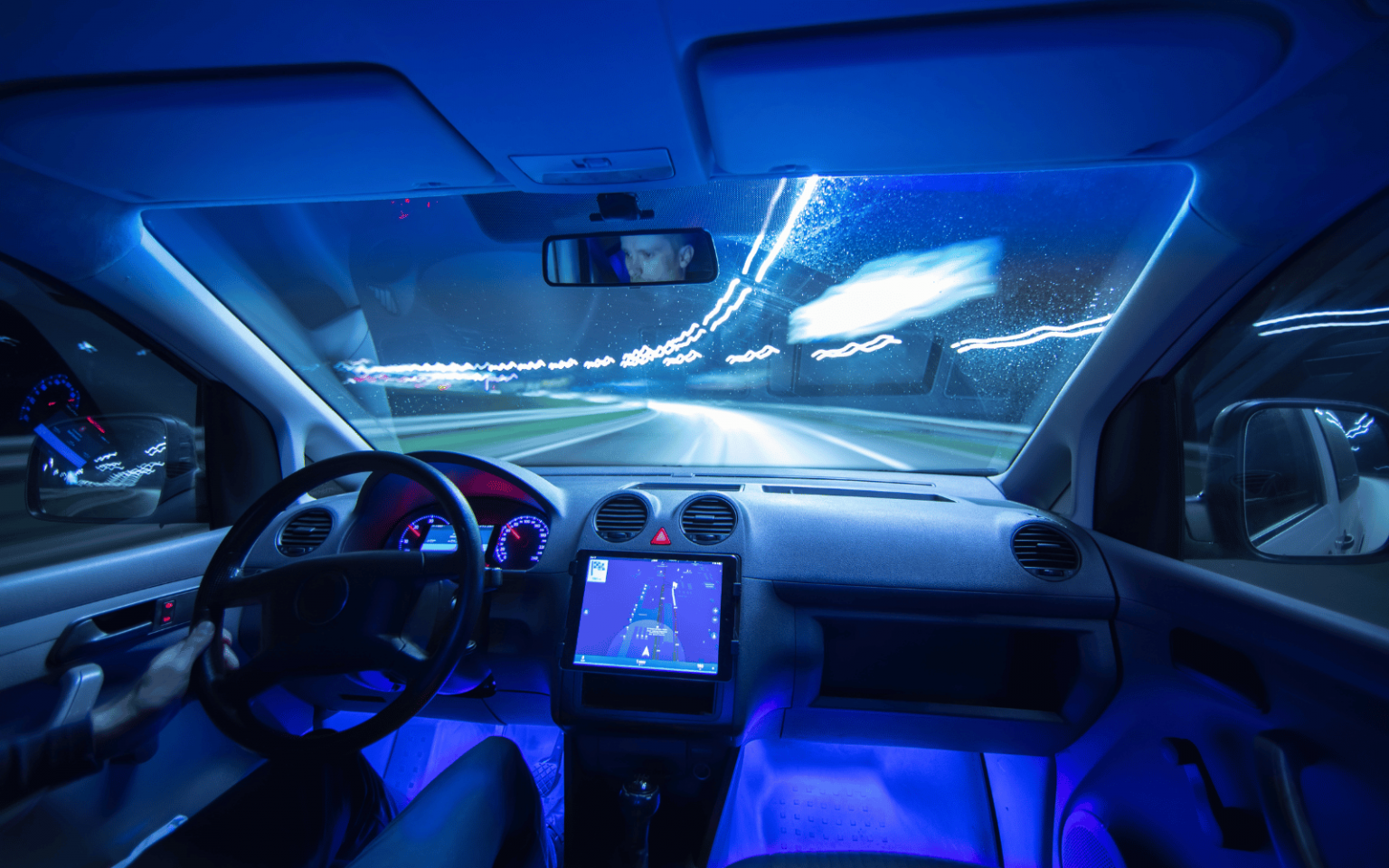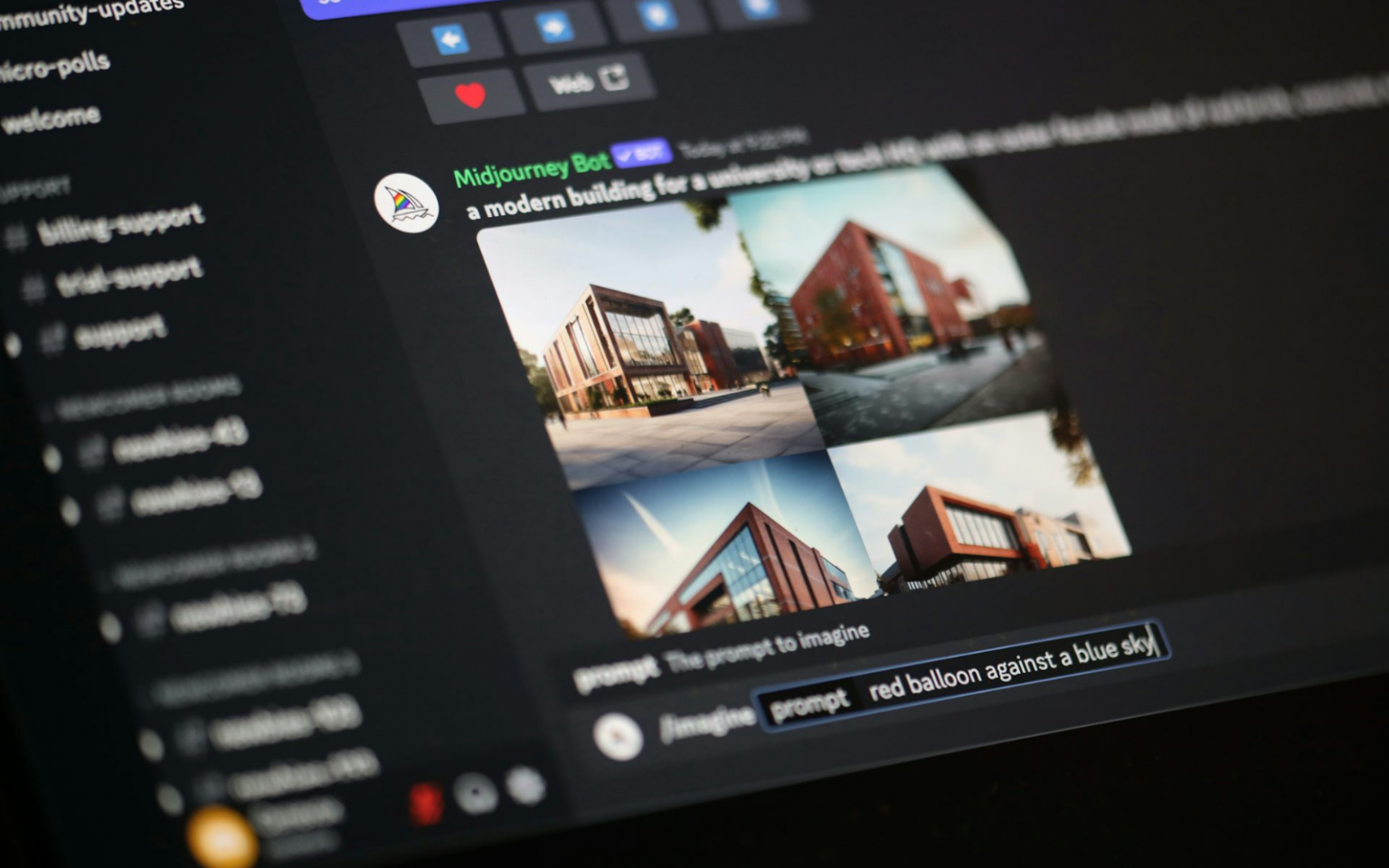The year 2023 proved to be an important one for space missions, with NASA’s OSIRIS-REx mission returning a sample from an asteroid and India’s Chandrayaan-3 mission exploring the lunar south pole, and 2024 is shaping up to be another exciting year for space exploration. Several new missions under NASA’s Artemis plan and Commercial Lunar Payload Services initiative will target the Moon. The latter half of the year will feature several exciting launches, with the launch of the Martian Moons eXploration mission in September, Europa Clipper and Hera in October and Artemis II and VIPER to the Moon in November – if everything goes as planned. I’m a…
Author: The Conversation
There are few things more peaceful and relaxing than a night under the stars. Through the holidays, many people head away from the bright city lights to go camping. They revel in the dark skies, spangled with myriad stars. As a child, I loved such trips, and they helped cement my passion for the night sky, and for all things space. One of my great joys as an astronomer is sharing the night sky with people. There is something wondrous about helping people stare at the cosmos through a telescope, getting their first glimpses of the universe’s many wonders. But we can…
Artificial intelligence is poised to upend much of society, removing human limitations inherent in many systems. One such limitation is information and logistical bottlenecks in decision-making. Traditionally, people have been forced to reduce complex choices to a small handful of options that don’t do justice to their true desires. Artificial intelligence has the potential to remove that limitation. And it has the potential to drastically change how democracy functions. AI researcher Tantum Collins and I, a public-interest technology scholar, call this AI overcoming “lossy bottlenecks.” Lossy is a term from information theory that refers to imperfect communications channels – that is, channels that lose information. Multiple-choice practicality Imagine…
Locals watched in awe as a fireball exploded and hundreds of meteorite fragments rained down on the city of Tatahouine, Tunisia, on June 27, 1931. Fittingly, the city later became a major filming location of the Star Wars movie series. The desert climate and traditional villages became a huge inspiration to the director, George Lucas, who proceeded to name the fictional home planet of Luke Skywalker and Darth Vader “Tatooine”. The mysterious 1931 meteorite, a rare type of achondrite (a meteorite that has experienced melting) known as a diogenite, is obviously not a fragment of Skywalker’s home planet. But it was similarly…
Google Deepmind has recently announced Gemini, its new AI model to compete with OpenAI’s ChatGPT. While both models are examples of “generative AI”, which learn to find patterns of input training information to generate new data (pictures, words or other media), ChatGPT is a large language model (LLM) which focuses on producing text. In the same way that ChatGPT is a web app for conversations that is based on the neural network know as GPT (trained on huge amounts of text), Google has a conversational web app called Bard which was based on a model called LaMDA (trained on dialogue). But Google is now upgrading…
A supercomputer scheduled to go online in April 2024 will rival the estimated rate of operations in the human brain, according to researchers in Australia. The machine, called DeepSouth, is capable of performing 228 trillion operations per second. It’s the world’s first supercomputer capable of simulating networks of neurons and synapses (key biological structures that make up our nervous system) at the scale of the human brain. DeepSouth belongs to an approach known as neuromorphic computing, which aims to mimic the biological processes of the human brain. It will be run from the International Centre for Neuromorphic Systems at Western Sydney University.…
Black holes are dense astronomical objects with gravity so strong that nothing, not even light, can escape. Anything that crosses the boundary of a black hole’s gravitational influence, called the event horizon, will fall into the black hole. Inside this deep, dense pit, it is never to be seen again. Black holes litter the universe. Some smaller black holes are sprinkled randomly throughout galaxies like our Milky Way. Other gigantic ones, called “supermassive” black holes, lie at the centers of galaxies. Those can weigh anywhere between a million to a billion times the mass of our Sun. So you might be wondering:…
Tesla has recalled 2 million US vehicles over concerns about its autopilot function. Autopilot is meant to help with manoeuvres such as steering and acceleration, but still needs input from the driver. It comes just a few days after a whistle-blowing former Tesla employee cast doubt on the safety of the autopilot function. A simple internet search reveals several reported cases where the cars have made errors in identifying objects on the road. For instance, a Tesla car mistook an image of a stop sign on a billboard for the real thing and confused the yellow moon with a yellow traffic light. There have also been numerous recent…
In 2023, artificial intelligence (AI) truly entered our daily lives. The latest data shows four in five teenagers in the United Kingdom are using generative AI tools. About two-thirds of Australian employees report using generative AI for work. At first, many people used these tools because they were curious about generative AI or wanted to be entertained. Now, people ask generative AI for help with studies, for advice, or use it to find or synthesise information. Other uses include getting help coding and making images, videos, or audio. So-called “prompt whisperers” or prompt engineers offer guides on not just designing the best AI prompts, but…
Imagine this. You need an image of a balloon for a work presentation and turn to a text-to-image generator, like Midjourney or DALL-E, to create a suitable image. You enter the prompt: “red balloon against a blue sky” but the generator returns an image of an egg instead. You try again but this time, the generator shows an image of a watermelon. What’s going on? The generator you’re using may have been “poisoned”. What is ‘data poisoning’? Text-to-image generators work by being trained on large datasets that include millions or billions of images. Some generators, like those offered by Adobe…










